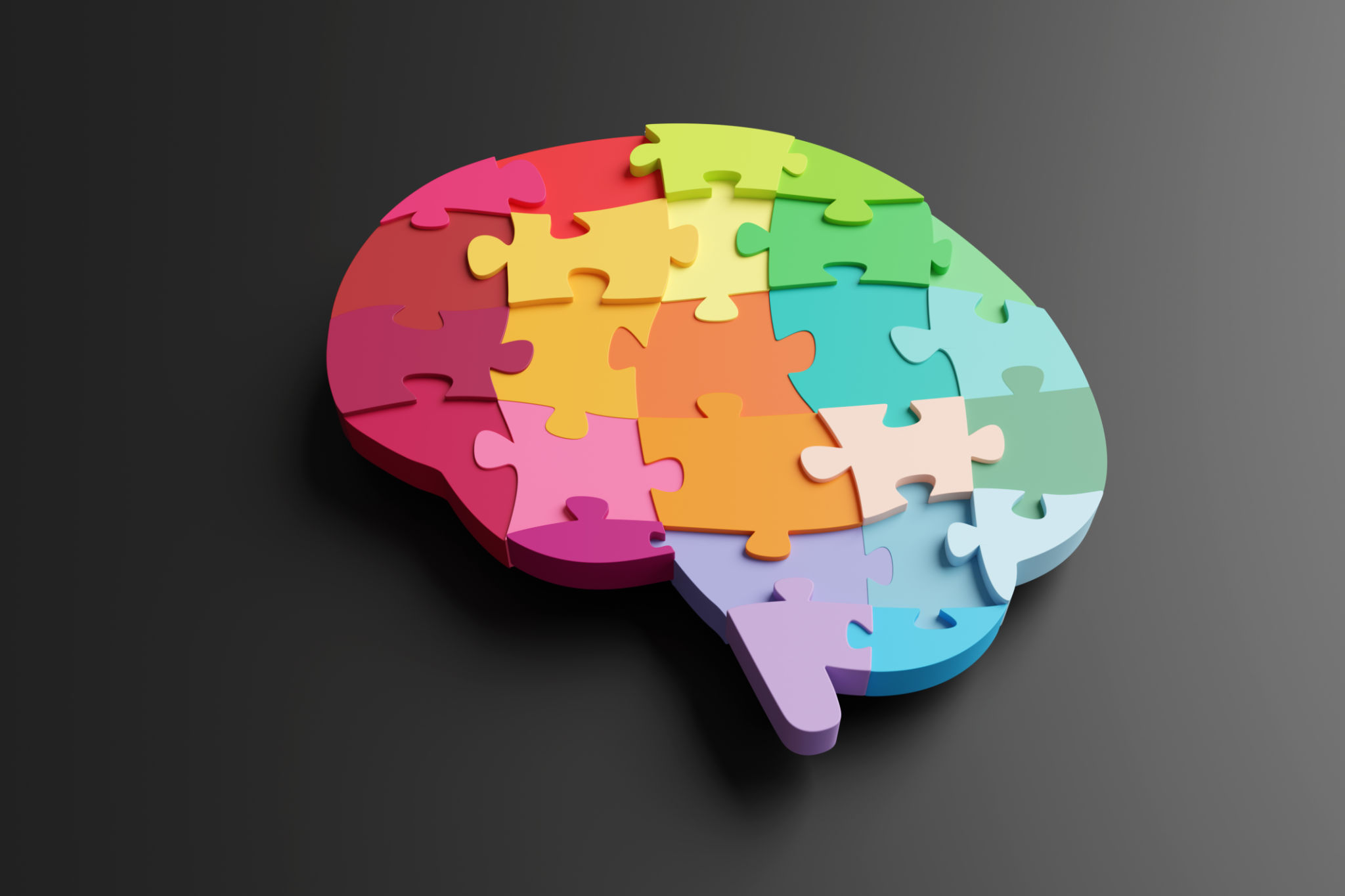Debunking Myths About Neurodiversity and Therapy
Neurodiversity is a concept that embraces the variety of human brains and the different ways they function. Despite its growing recognition, many myths and misconceptions still surround neurodiversity and its relationship with therapy. In this blog post, we aim to debunk some of these myths and provide clarity on this important topic.
Myth 1: Neurodiversity Is a Disorder That Needs Fixing
One of the most pervasive myths about neurodiversity is that it is a disorder or illness that must be treated or cured. In reality, neurodiversity refers to the natural variations in human cognition and is not a condition that requires fixing. Embracing neurodiversity means recognizing and valuing these differences as part of the human experience.

Neurodivergent individuals, such as those with autism, ADHD, or dyslexia, may face challenges in certain areas, but they also possess unique strengths and perspectives. Therapy can play a crucial role in supporting neurodivergent individuals to harness their strengths and manage challenges without attempting to change their core identities.
Myth 2: Therapy Aims to Make Neurodivergent Individuals "Normal"
Another misconception is that therapy for neurodivergent individuals is designed to make them conform to neurotypical standards. This is far from the truth. Effective therapy focuses on empowering individuals to thrive in their own way, rather than forcing them to fit into a predefined mold.

Therapists who specialize in working with neurodivergent clients often use tailored approaches that celebrate individual differences. These approaches may include developing coping strategies, enhancing social skills, and building self-esteem, all while respecting the person's neurodivergent nature.
The Importance of Person-Centered Therapy
Person-centered therapy is particularly beneficial for neurodivergent individuals, as it emphasizes empathy, acceptance, and understanding. This therapeutic approach encourages individuals to explore their thoughts and feelings without judgment, fostering a sense of self-acceptance and personal growth.
Myth 3: Only Children Need Therapy for Neurodiversity
A common myth is that therapy for neurodiversity is only necessary for children. While early intervention can be extremely beneficial, neurodivergent adults can also gain significant advantages from therapy. Adult therapy can address issues such as workplace challenges, relationship dynamics, and mental health concerns.

Moreover, therapy can help adults better understand their own neurodivergent traits and how to leverage them in various aspects of life. It offers tools for self-advocacy and personal development, which are invaluable at any age.
Myth 4: Neurodivergent Individuals Cannot Benefit from Therapy
This myth suggests that because neurodivergent individuals think differently, they cannot benefit from traditional therapeutic methods. In reality, many neurodivergent people find therapy extremely helpful when it is adapted to their specific needs. Effective therapists use creative techniques and flexible approaches to engage their clients meaningfully.
Therapy can provide a safe space for exploring emotions, developing practical skills, and fostering resilience. By debunking this myth, we acknowledge the significance of accessible and adaptable therapeutic practices for all individuals.

In conclusion, understanding neurodiversity and its relationship with therapy is crucial for fostering an inclusive society. By debunking these myths, we can create a more supportive environment where neurodivergent individuals are valued and empowered. Embracing differences is not only enriching but essential for mental health and well-being.